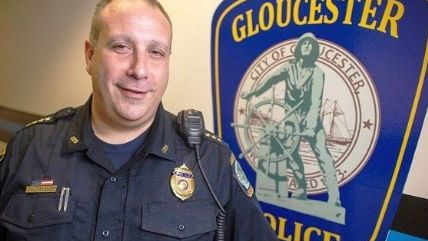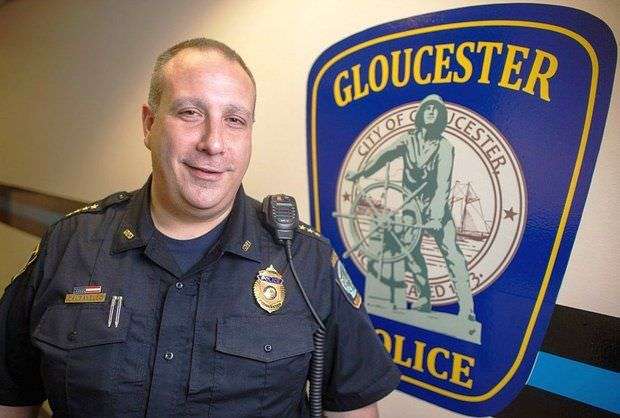Cops Offer Drug War Amnesty in Massachusetts Town
Heroin addicts directed to treatment, not jails and courtrooms.


Some police and some municipal government officials have a particular way of looking at the homeless and how to treat them. They believe that any sort of official kindness extended to the homeless—accommodating panhandlers, building shelters, letting them sleep outdoors—only encourages it. If cities are nice to homeless people, they will flock to the city in swarms, and then all sorts of crime and fraud will follow.
I've seen that logic extend to the drug war. When I've talked to police about maybe not throwing users in jail if they aren't committing any other crimes, what I've heard back is that, even if they agree that the drug war is a failure, they have to keep enforcing it as long as their neighbors enforce it. Otherwise, their city will be known as the place to go and freely get wasted, and all the druggies will start congregating there, again resulting in more community crimes and problems.
The police in Gloucester, Massachusetts, have decided on an alternate route. They're not going to just accommodate illegal drug use. But what they are going to do is allow heroin addicts who want help to turn themselves into the police to be directed to rehab, rather than a jail cell. The Associated Press story even opens with an Andy Griffith Show analogue of a woman sleeping it off in a holding cell. Though, given that this is real life and not a nostalgic television comedy, it also involved a black eye and a trip to the emergency room. Here's how it all works:
Under a policy launched in June, heroin and opioid addicts who voluntarily turn themselves in at the station are fast-tracked into treatment services through a team of police officers, volunteers and trained clinicians.
They aren't charged with a crime, and much of their treatment cost is covered through public and private insurance, grants by service providers and by police using money seized from drug dealers.
They can even hand over drugs and drug paraphernalia to police, no questions asked.
So far, they've had 109 addicts come in for the program, 16 percent of which were from out of state. A nonprofit has been created to help support the program and to see if can be exported to other communities.
Terrence McCoy at the Washington Post interviewed Gloucester Police Chief Leonard Campanello to describe how the whole process came about, a result of a spontaneous offer for help Campanello put out on Facebook after a heroin overdose death in his community. His statement that he would offer assistance rather than handcuffs was quickly embraced and spread through the community. He bluntly told McCoy, "The drug war is over, and we lost. There is no way we can arrest ourselves out of this." He noted that the ultimate impact of a 50-year drug war is that heroin is now cheaper than it used to be. It's also in greater demand because of the government's crackdown on Oxycontin access in perpetuating the drug war.
Campanello even convinced pharmacy CVS to reduce the price of Nasal Narcan, a drug that that helps reverse overdoses, from $140 to $20. Then the police started buying it and handing it out to addicts who didn't have insurance.
The local lead prosecutor had to be a downer and warned the Associated Press that the police legally couldn't promise addicts they wouldn't be charged with crimes. That may sound like a dire warning, but given how dependent prosecutors are on the cooperation of police to put anybody away at all, it lacks teeth.

Show Comments (44)